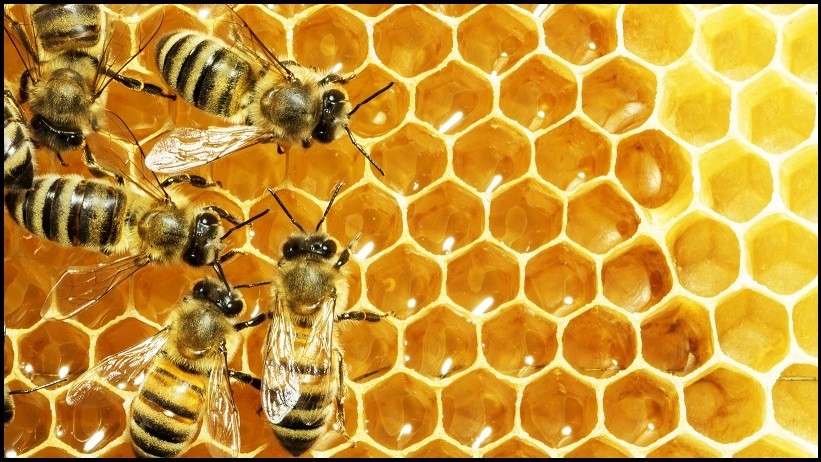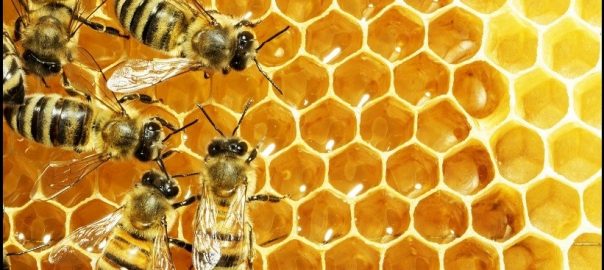You know the boss who tells you Go ahead, we want you take risks here. It’s Ok to make mistakes. And you think to yourself right away, yeah, Gina doesn’t mean that.
Gina may not mean it.
She is also totally on track.
Andrew Huberman. Ph.D., is a celebrated neuroscientist from Stanford University, with a research focus on brain development, brain plasticity, neural regeneration and repair. His popular new podcast, Huberman Lab Podcast, delves into all matters brain functioning. Episode 7, titled “How to Learn Faster by Using Failures, Movement & Balance,” provocatively suggests that perhaps you don’t fail enough.
Our brain grows more when we fail and learn from our failures, Huberman suggests, especially after age 25. The brain is highly plastic from the moment of birth until about age 25, according to Huberman. During this period, passive experiences shape the brain. This occurs simply because of the way that neurons are arranged, in tandem with the chemicals that are released in the brain.
Confidence is understanding how to control your inner real estate regardless of the external environment.”
Andrew Huberman
This effortless brain arrangement and rearrangement – or plasticity – begins to slow somewhere around age 25. One new signal that helps to generate more of this plasticity is the making of errors, or what we may think of as failing. Failures signal to the nervous system that something is not working. This, in turn, creates a shift in our brain. This process is fundamentally important to the way we learn, especially as we get older.
We may be mortified that we have made a mistake. What we don’t realize is that the error itself signals to the brain and nervous system that something is not working. When we start to approximate the correct behavior a little bit better – i.e. we’re getting it just a little bit more right – the brain releases neurochemicals, namely epinephrine and acetylcholine, and also dopamine when we’re improving. In short, our mistakes are the doorway for neuroplasticity and learning.
What we have found, Huberman says, is that the adult nervous system can tolerate smaller and smaller errors over time but that you can stack those errors so that you can get a lot of plasticity. Put simply, incremental learning as an adult is absolutely essential as you are not going to get massive improvements like you do as an adolescent.
Gina is right. Small errors foster greater neuroplasticity, incremental learning and a higher-functioning brain. What are some of the implications of this knowledge for you and me and our lives?
Claim Your Relationship With Failure
Don’t camouflage failure.
You know the part of you that doesn’t want to admit a mistake, right? Longs to cover it up? Pretends it didn’t happen? Cannot look it squarely in the eye?
That part of you inhibits your brain’s plasticity. We all know instinctively that when we don’t face failure or learn from it, we invite more of the same. Huberman’s neuroscientific knowledge backs this up, big time. Made a mistake? Switch to a Hello failure mindset. Glad you’re here. Be pleased that failure came. Welcome it. Because you understand that good things spring from a momentary mistake.
Take that stretch assignment.
You loathe that conversation with your HR Business Partner. You cringe every time he suggests that stretch assignment that will be “good for your career.” Putting you in charge of a business function that you know nothing about. Sending you to a different part of the world where you know neither language nor customs. Expelling you, so it seems, from that which you do so very well.
Yes, you may not be as flawless in your new role as in your current one. You will make mistakes. There may be a steep learning curve. That’s the whole point.
Be the fish out of water.
When it’s time to volunteer for a committee at work, take on a special project, or get involved with a community organization in the city where you live, have the courage to be the fish out of water. Step into that which is not the easy thing for you to do. When nobody is making you do anything, choose that which will propel you into your discomfort zone.
You may have a bunch of uncomfortable emotions. You may feel like a fish out of water. Your brain will thank you.
Create your own stretch assignments
Choose to learn new things. Be intentional about it. Consider these learnings your personal stretch assignments. Choose things that genuinely speak to you. Do not choose any of these activities because you have a need to constantly improve. Not because you don’t believe you’re good enough,
No. Choose because you are curious – and because you understand that the struggle with learning something new is great for your brain. Better yet, as you create the small wins, you will be rewarded with epinephrine and acetylcholine and dopamine hits. Pretty cool.

My guest on this week’s MY FOURTH ACT Podcast episode, Kent Schwendy, is a former US Airforce Captain, Engineer, the CEO of a non-profit that champions sustainable housing – and a Beekeeper with an apiary that houses half a million bees in his backyard.
I used to be afraid of bees, Kent explains to me. I am a little incredulous. When I press Kent to explain what prompted him to pursue something that terrified him, he replies. I am a contrarian. I like to walk to the edge of respectability.
Good for Kent, I think to myself. And very good for his brain.
I invite you to walk to your own edge of respectability. Bees need not be involved.
Business & Finance Articles on Business 2 Community
(45)



